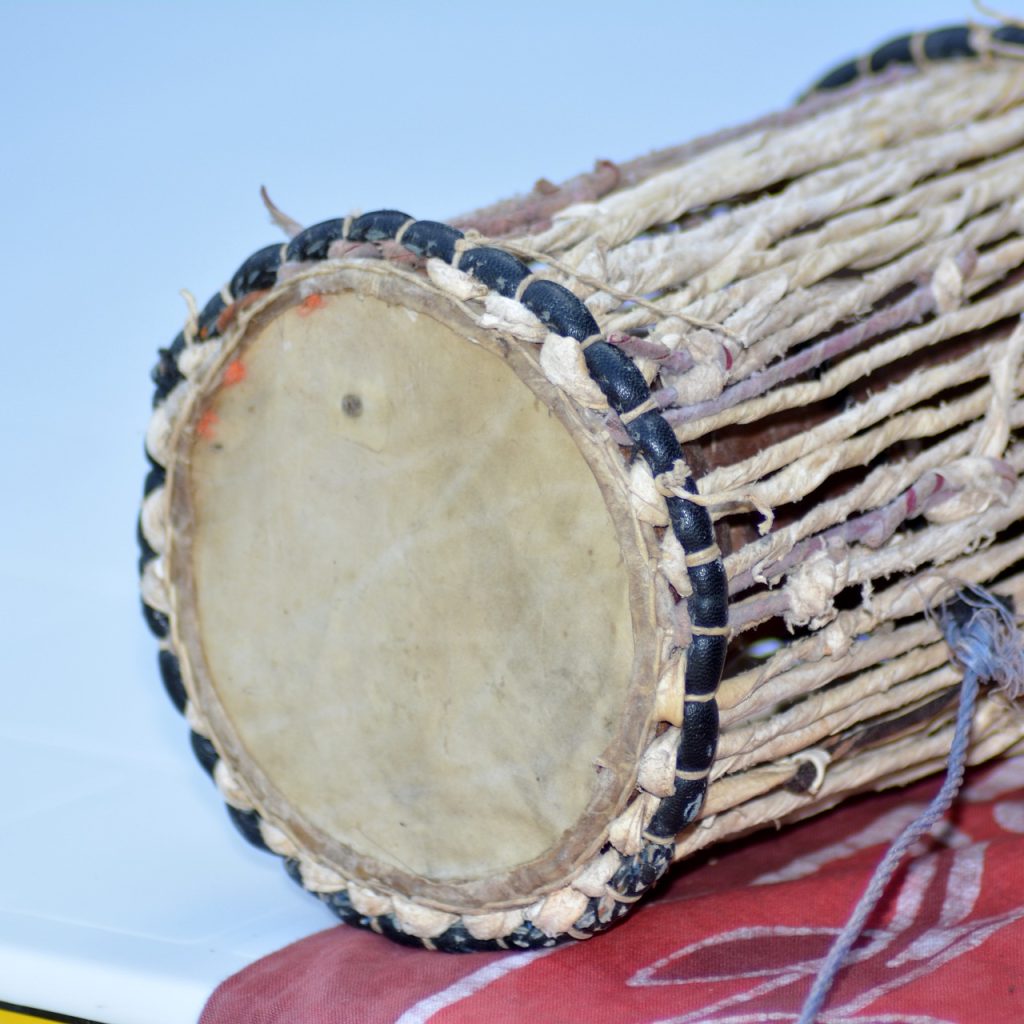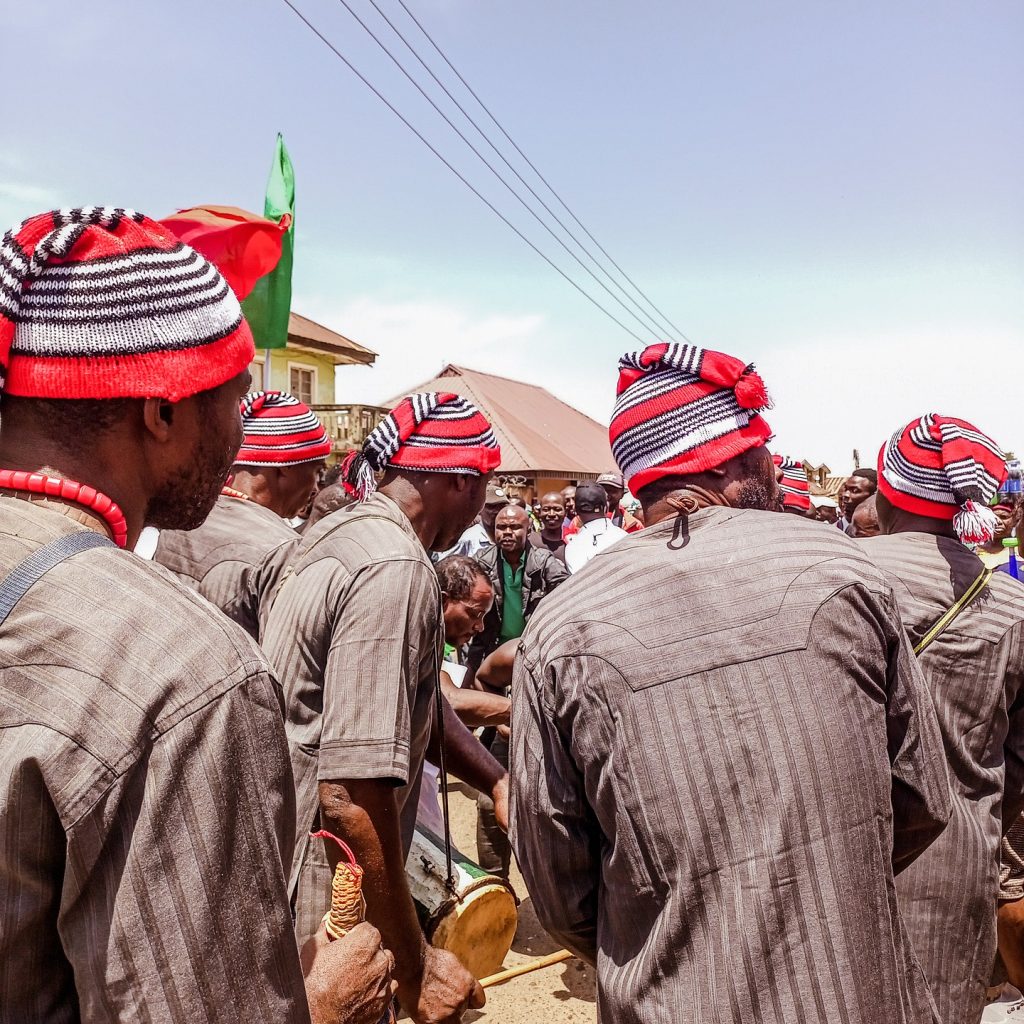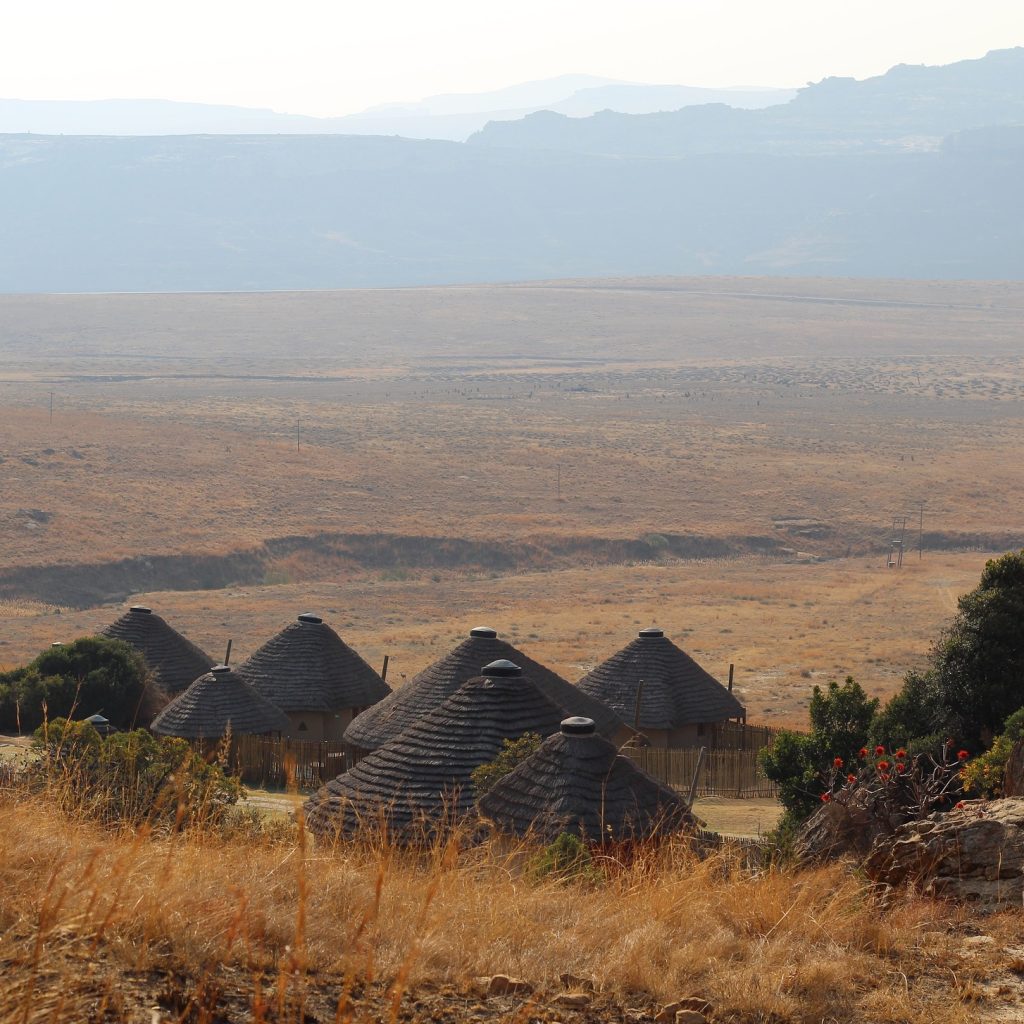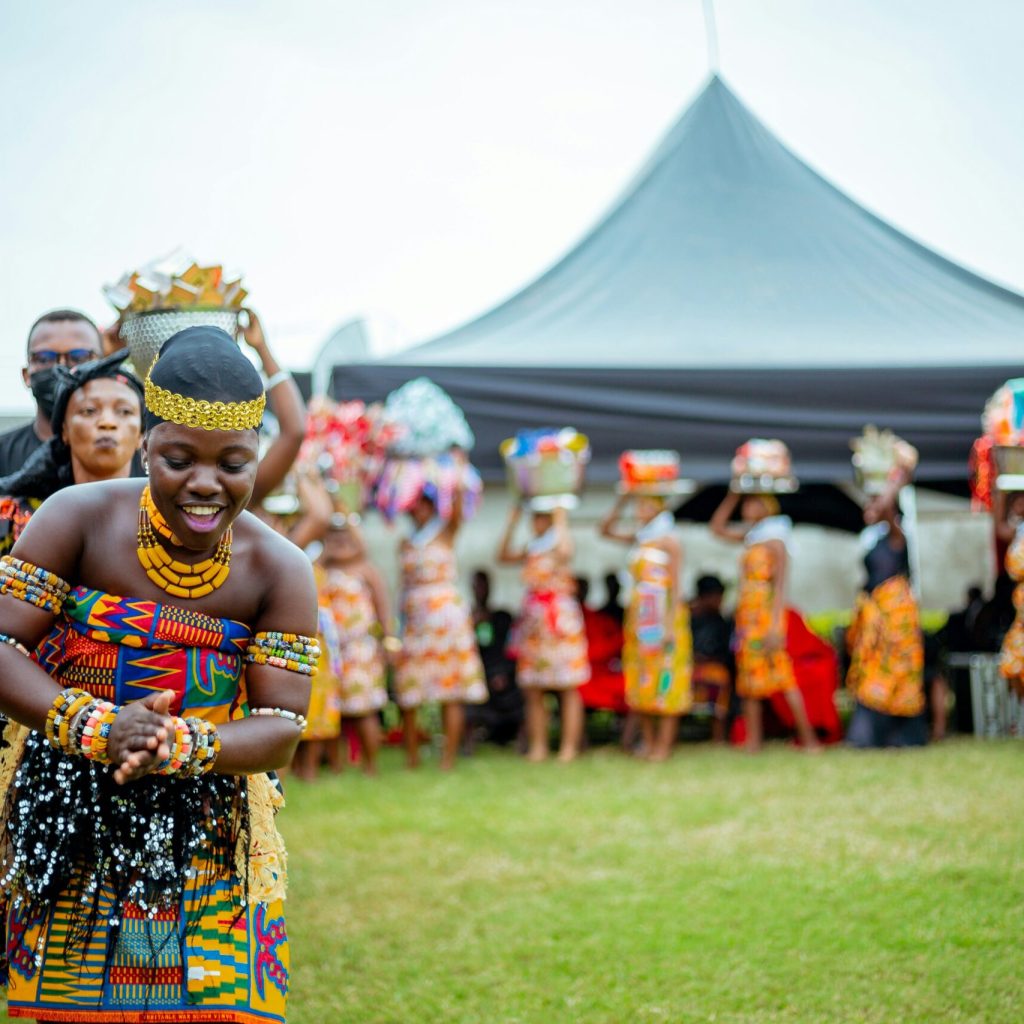What we teach
Yoruba Language
Yoruba is a language spoken in West Africa, primarily in Southwestern and Central Nigeria. It is spoken by the ethnic Yoruba people. The number of Yoruba speakers is roughly 44 million, plus about 2 million second-language speakers. It is primarily spoken in a dialectal area spanning Nigeria, Benin, and Togo with smaller migrated communities in Côte d’Ivoire, Sierra Leone, and The Gambia.


Igbo Language
Igbo is the principal native language cluster of the Igbo people, an ancient ethnicity in the Southern and Eastern part of Nigeria. The number of Igboid languages depends on how one classifies a language versus a dialect, so there could be around 35 different Igboid languages. The core Igbo cluster or Igbo proper is generally thought to be one language but there is limited mutual intelligibility between the different groupings (north, west, south, and east).
Shona Language
Shona is a Bantu language of the Shona people of Zimbabwe. The term is variously used to collectively describe all the Central Shonic varieties (comprising Zezuru, Manyika, Korekore and Karanga) or specifically Standard Shona, a variety codified in the mid-20th century. Using the broader term, the language is spoken by over 14,000,000 people.


Twi Language
Twi is a variety of the Akan language spoken in southern and central Ghana by several million people, mainly of the Akan people, the largest of the seventeen major ethnic groups in Ghana. Twi has about 23-24 million speakers in total, including second-language speakers; about 85% of the Ghanaian population speaks Twi as a first or second language. Twi has a simple tonal language system which is reflected in its phonology.
Talk to us
Have any questions? We are always open to talk about your business, new projects, creative opportunities and how we can help you.
